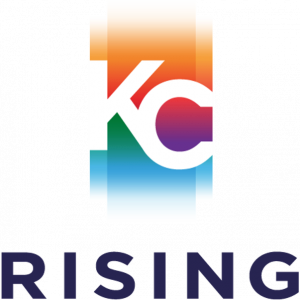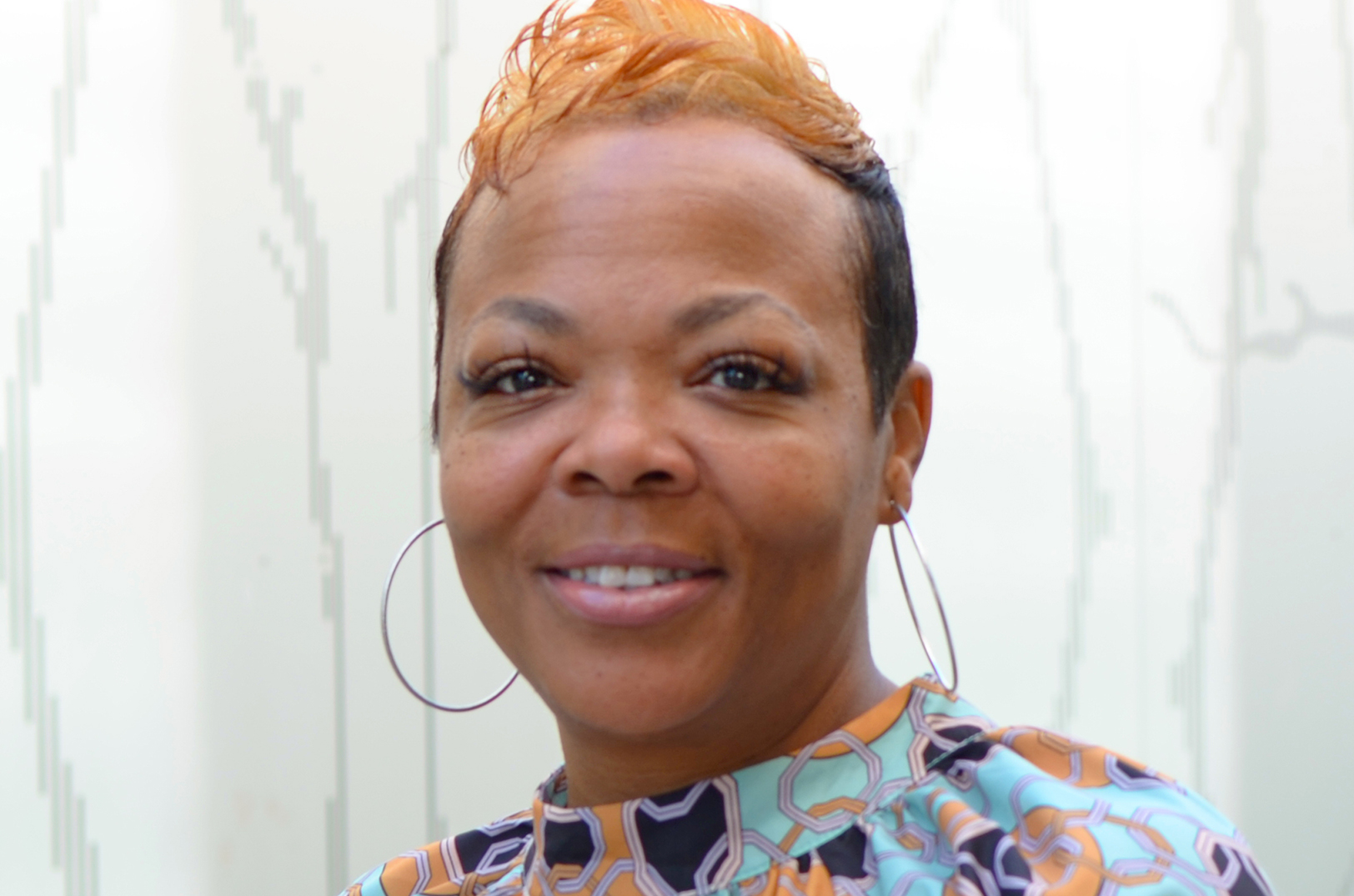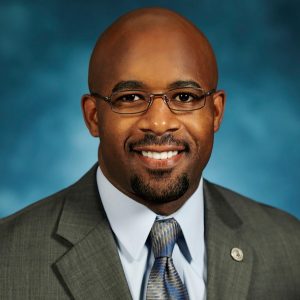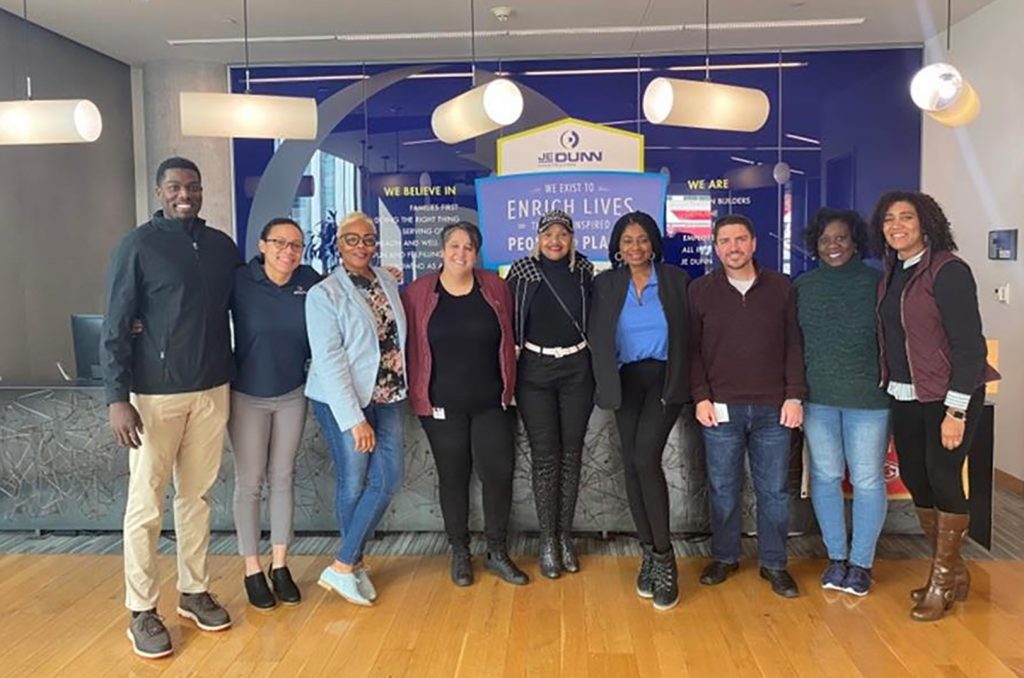Editor’s note: The following story was sponsored by KC Rising, a regional initiative to help Kansas City grow faster and more intentionally, as part of a campaign to promote its CEO-to-CEO Challenge on supplier diversity.
Approaching supplier diversity for the long haul means defining the work — without limiting it, said Jason Banks, describing how Kansas City-based construction icon JE Dunn is building a framework for spending more money with diverse small businesses.
“Think marketing services agreements, our IT contracts, all of the non-project [spending] — we are applying some of those same disciplines in supplier diversity to that work,” said Banks, who serves as the procurement director at JE Dunn, “which is going to open up a whole new world of possibilities to us.”
JE Dunn is one of the first 12 companies to sign onto KC Rising’s CEO-to-CEO Challenge, an initiative encouraging corporate CEOs to boost buying from diverse businesses while encouraging their fellow executives and other companies to do the same. It’s work that JE Dunn has been leading for decades, Banks added.
Click here to check out the 12 Kansas City companies that joined the CEO-to-CEO Challenge’s first cohort.
CEO-to-CEO Challenge
The CEO-to-CEO Challenge is powered by Connectus Worldwide, KC Rising and KCSourceLink in collaboration with the Civic Council of Greater Kansas City and the Greater Kansas City Chamber of Commerce.
Click here to take the challenge.
“In one context, our company has had a long history of supplier diversity — primarily focused on our trade partner and subcontractor diversity,” he said, referencing the work of his colleague Kisha Bausby, who has worked at JE Dunn for nearly 28 years and currently serves as the senior diversity, equity and inclusion manager.
Under Bausby, JE Dunn founded the Minority Contractor Development (MCD) program, which trains minority and women contractors from around the country on the business and leadership skills needed to compete in the construction industry. Since the program’s inception in 2005, the MCD program has expanded into 13 different cities, trained more than 400 companies and contracted more than $250 million in work with JE Dunn.
“Establishing the MCD program really allowed us to work one-on-one with contractors, so that we could really learn their business and understand the specific needs,” Bausby said. “In addition to that, it has obviously given us a great opportunity to build relationships with those contractors. We are really mindful to make sure we contract with the graduates.”
Click here to read about how small businesses could be the solution to supply chain issues and the approach other companies in the CEO-to-CEO Challenge are taking.
Although JE Dunn has experience in supplier diversity, the CEO-to-CEO Challenge provides the firm with a cohort of other companies that approach the topic in different ways — sparking innovation, Bausby said.
“It gives us the opportunity to retool and collaborate with our great city and great partners,” she noted. “And then I personally love that our CEO can invite other CEOs to be a part of the challenge. That is super impactful on our small business community and will hopefully spread throughout the country.”
The CEO-to-CEO Challenge has also provided another lane of discussion around the importance of a solid procurement structure, Banks said.
“It can be a challenge to start and scale supplier diversity programs without that foundation,” he noted. “Since joining the CEO Challenge, I’ve had deeply engaging conversations with several leaders around ways to advance both efforts. It has also elevated the importance of sound tracking and reporting and how accessible and ‘open for business’ we are as an entity for small and diverse businesses who want to do business with us.”
Oftentimes, the supplier registration portal or form is a small business’ first introduction to the company, Banks continued, noting that it can either pull them in or turn them away.

Save the Date
KC Rising’s annual Horizon celebration is planned for Wednesday.
In summer 2020, the team at JE Dunn honed in on how they wanted the firm’s procurement roadmap to look, Banks recalled.
“Once we really got into it and looked at JE Dunn as a company, we realized that it wouldn’t be too difficult to start doing simple things — like introducing department leaders to diverse businesses,” Banks said, noting that many had already shown willingness and support for early efforts.
“… Recently, we decided to take steps towards hiring someone to focus on corporate contracts and supplier diversity,” he shared. “We will have someone whose job it is to develop a long term strategy to leverage our indirect supply chain and further advance our supplier diversity efforts, not just in the context of the CEO challenge; but they’re also going to be thinking about five, ten years from now — what environment needs to exist for us to have a healthy, sustainable, industry leading supplier diversity program?”
Other companies in the cohort have discussed the pain point of not having a full-time employee to focus on supplier diversity, and expert Christine Kelly recommends hiring someone who can devote their time and resources to develop a robust program.
Click here to read another expert Mary Shannon’s advice on approaching supplier diversity.
With leadership on board and a growing procurement team, the duo is confident that JE Dunn will be able to change traditional processes and create a more sustainable program, they said.
“We’re very much interested in building something that’s sustainable and scalable, so that we can apply it outside of Kansas City,” Banks said. “We are known as a Kansas City company, but we have offices from Portland to Florida. So, while we do want some near-term wins, we are looking at how we can create national changes — changes that won’t just apply today but for years down the road.”






































